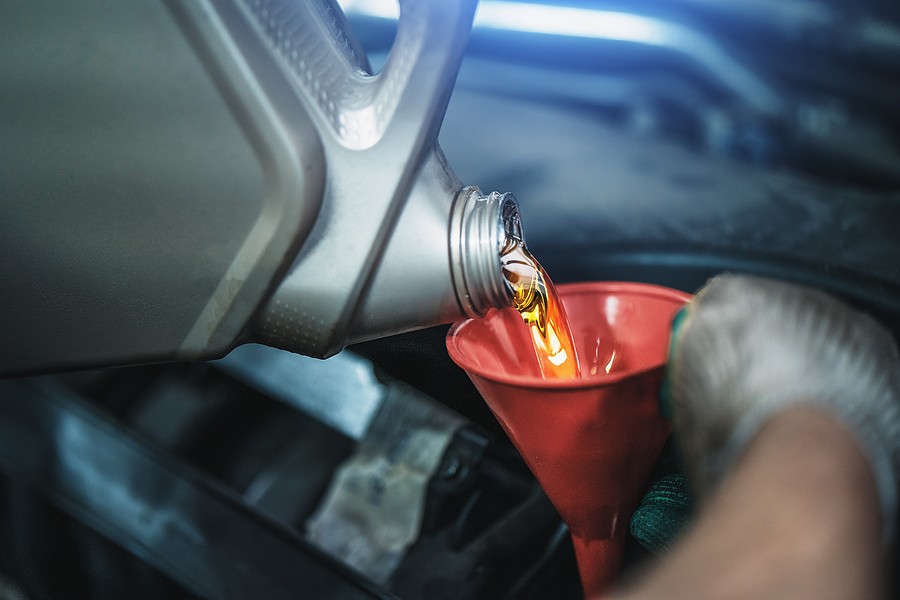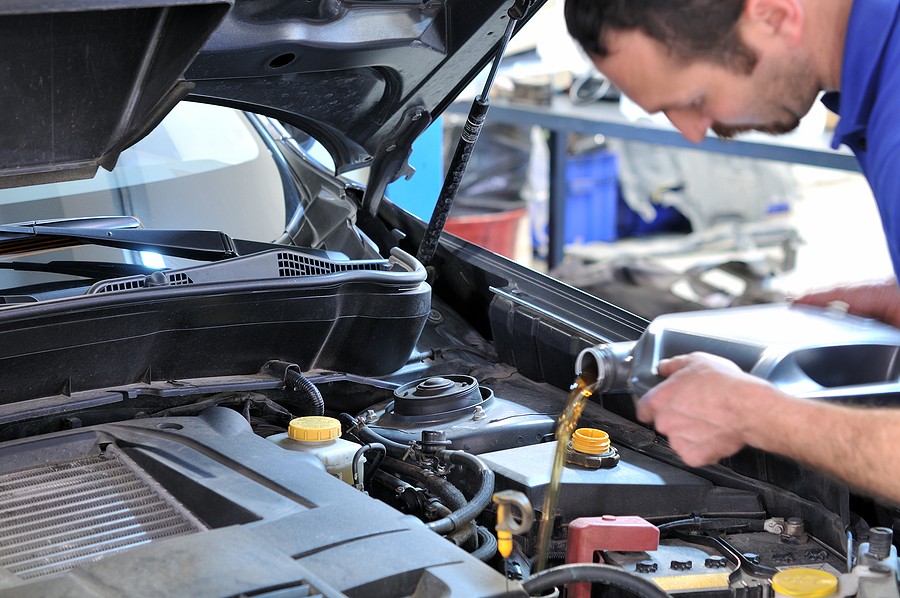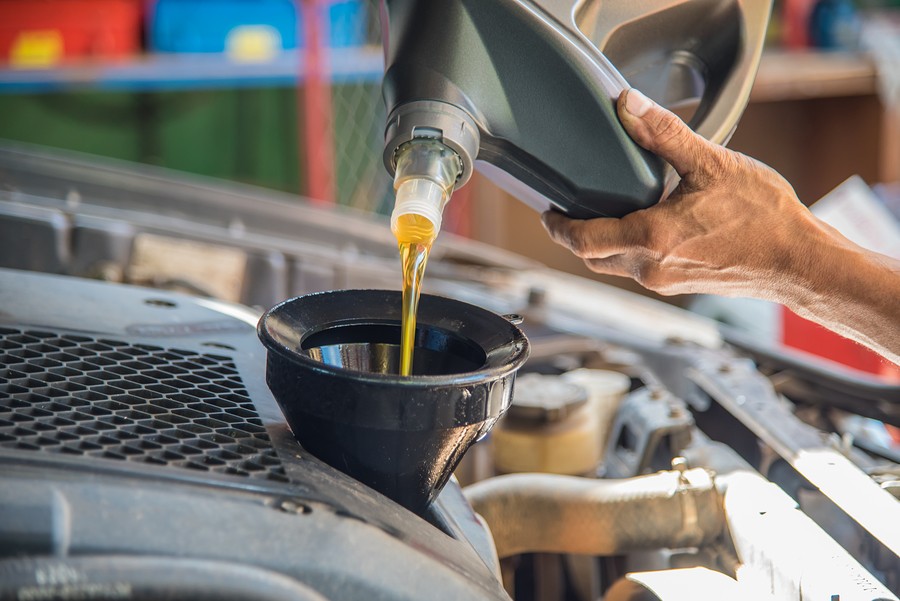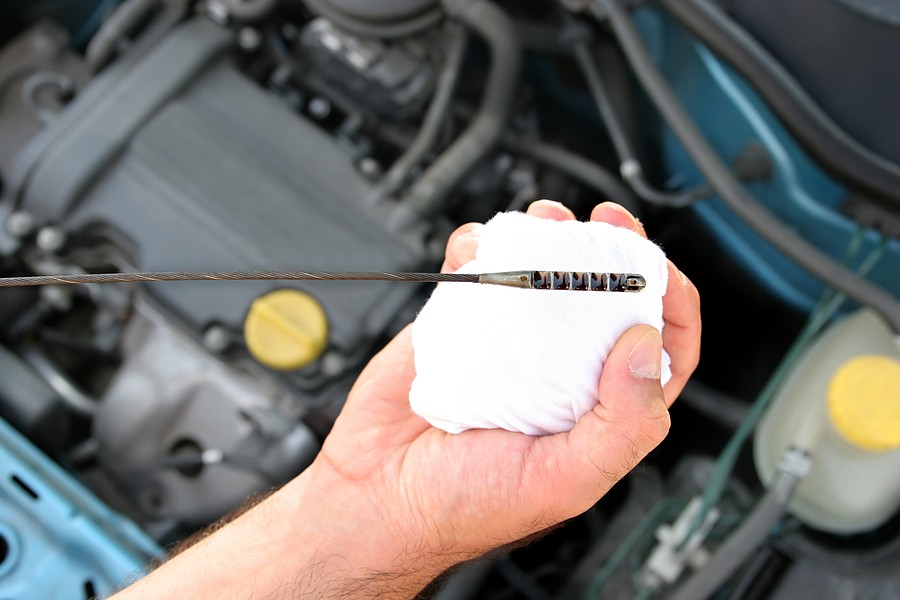If you're searching for “how to know if engine oil is good,” below are some recommendations:
- Check the oil level
- Review the oil age
- Inspect the oil color
- Monitor the viscosity and consistency
- Look for foam or bubbles
- Monitor the oil smell
- Consider checking for sediments or sludge
- Review the vehicle activity
The engine oil is a critical fluid that lubricates the engine's internal components and prevents overheating. As a driver, you must maintain the oil quantity and quality described by your vehicle owner's manual.
Over time of use, the oil quality is expected to be reduced. When this happens, your vehicle's performance will also be reduced, and you'll see significant reductions in fuel efficiency and other problems.
This article provides eight important checks that could help you evaluate the engine oil quality. It's very simple and can be done by most owners without professional experience. However, if the problem gets severe and you think the oil quality impacts the vehicle's performance, you need to check with your mechanic.
How do we know if engine oil is good? Eight simple checks
Checking the oil quality is not very complicated. If you follow simple tips by automotive experts, you can determine whether it's the perfect time to change the oil.
The following list provides you with eight simple tests that you could perform to check on the oil quality and evaluate whether it's according to the recommendations by your vehicle owner manual or not:
1- Check the oil level
The oil level is the first and most critical thing you must check when confirming whether your oil is good. While we are here focusing on the oil quality, the quantity is the first and most critical thing you must confirm before moving forward.
The dipstick should help you understand whether your oil level is at the optimum recommendations according to automotive experts and based on your vehicle's manual. If the oil level is below the minimum point, you must top it off regardless of the oil quality.
2- Review the oil age
The next thing you should do to evaluate the engine oil quality is to review its age. Typically, the oil is good for a certain amount of time, and your mechanic or whoever performed the oil change should have provided you with a date when this oil is expected to expire.
Typically, oil quality goes either by date or by mileage. Therefore, from the notes you took when you performed the last oil change, you can determine whether it's the right time to perform it.

3- Inspect the oil color
While you should go by the oil change recommendations regarding date and mileage, sometimes you might need an oil change before that. In other words, the oil quality might deteriorate because of external factors that require immediate oil change.
One of the things you could do is to check on the oil color. Typically, the oil color should be golden and slightly different depending on the original oil you put inside the reservoir. If you feel the oil is getting darker or burnt, it might be a good time to change it.
4- Monitor the viscosity and consistency
Color is not the only important feature of oil quality. Every oil has consistency and specific viscosity, which indicates how much it flows when you pour it inside the reservoir. If you feel that the consistency of this oil is changing over time, it might indicate that the oil is not good enough, and you have to change it soon.
Without seeing the original oil viscosity or consistency, you might be unable to tell if you've never done it before. This oil is good based on viscosity and consistency only. Therefore, you might want to rely on other symptoms to determine whether it's a good time to replace it.

5- Look for foam or bubbles
Some internal problems in your car could impact the oil quality. For example, if the head gasket is broken or damaged, it might allow some fluids to get mixed, which is something because it means that all of them are not well in their required tasks.
One of the common situations that could happen is when foam or bubbles are forming inside your oil reservoir. This could also look more like a Milky substance, indicating that the oil and the coolant got mixed, meaning that none of them will do the right job, and you need to change it immediately.
6- Monitor the oil smell
Sometimes, you might build some experience to monitor the oil smell. Typically, a bad oil will smell more like a burn or something that's not the typical smell of the oil. In that case, it might indicate that your oil needs to be changed and is not top quality.

7- Consider checking for sediments or sludge
The oil is expected to run around all the different engine components. As it runs around them, it collects some contaminants and debris. In that case, the more these contaminants are in the oil, the lower the quality.
Another thing you could do fast is look at the oil itself and see if there are any signs of contaminants, potential sediments, or sludge. This might indicate that the oil has collected a lot of contaminants as it's running around the engine, and it's the right time to flush it out and replace it.
8- Review the vehicle activity
Finally, one of the things that automotive experts generally recommend is checking on the vehicle activity. If this car has been sitting for a very long time, it might mean that all the fluids have been sitting, and as they said, they're not good as much as they're running around the engine.
That's why if the vehicle has been sitting for a long time, it might be a good idea to go ahead and replace the oil to ensure that it's in good shape and your engine will benefit from this oil instead of using an old one.

Tips for ensuring the required oil quality in the long term
Since oil is a critical fluid in your car, and if it's not of good quality and quantity, it might deal with many problems. Therefore, it is a comment that you implement some tips and tricks that could help you improve the oil quality and maintain it as long as possible.
The list below provides you with recommendations by automotive experts that could help you enjoy the full extent of the oil quality lifespan. Although it will end, at the minimum, you will use it properly and enjoy it completely before dealing with premature issues.
- Keep up with the regular maintenance and focus on what's required regarding engine oil.
- Never underestimate the oil quality recommended by your vehicle owner manual, and don't think of saving money by choosing a cheaper oil.
- Check the oil quality consistently and do not wait until the expiration date or the need for a second oil change.
- Monitor for any symptoms indicating low oil level because those could indicate that the oil quality is getting bad and might end up with internal and external leaks.
- Consult your mechanic if you feel that your vehicle needs an oil change and if there are any puddles of fluid underneath your car.
- In situations where the oil quality gets very bad too, you need to monitor for engine overheating, and if this happens, consider not driving your car until you confirm with your mechanic

.How do we know if engine oil is good? Final Thoughts
The engine oil is a critical fluid in your car responsible for maintaining the engine temperature and preventing overheating due to friction. When the oil is at the optimum quantity and quality, it should provide the expected role properly without any issues. However, the oil quality is expected to deteriorate over time, so you, as a car owner, need to familiarize yourself with how to know if the engine oil is good.
This article highlighted eight simple methods you could use to check on the oil quality and evaluate whether the engine oil is in good shape. If you confirm it's bad, it is perfect timing for changing it so your vehicle operates properly without complications.
If you're interested in similar posts, we highly encourage you to visit our blog by clicking here!



